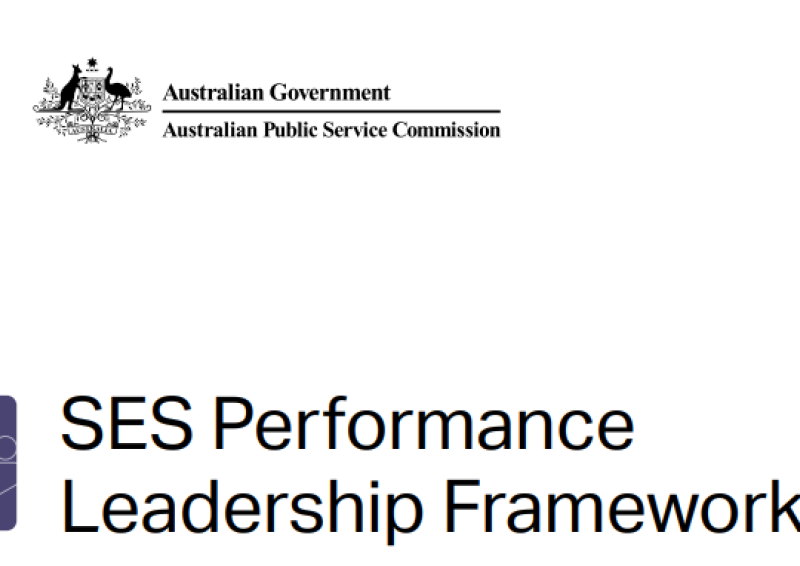An updated SES Performance Leadership Framework will further strengthen behaviour and outcomes-based performance management across the APS.
Performance management
Latest news
Upcoming events
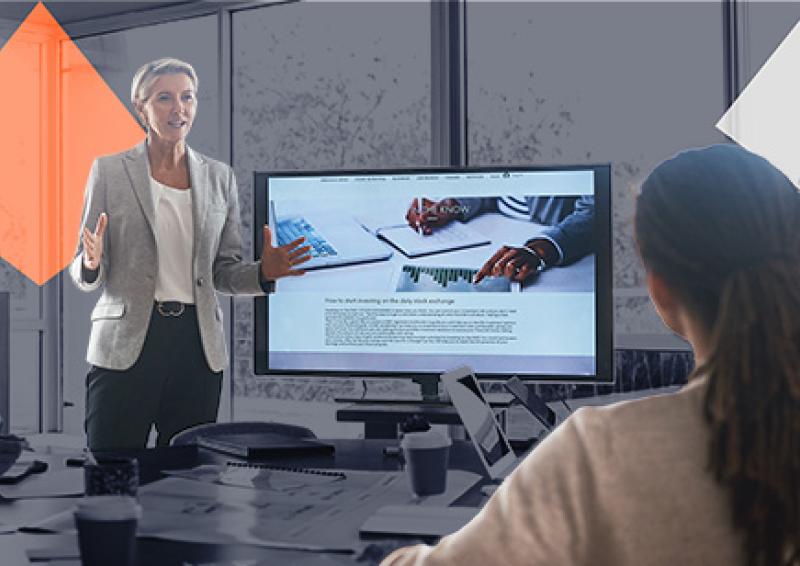
This course is delivered on 18/03/2026, by face-to-face consisting of one 8-hour session.
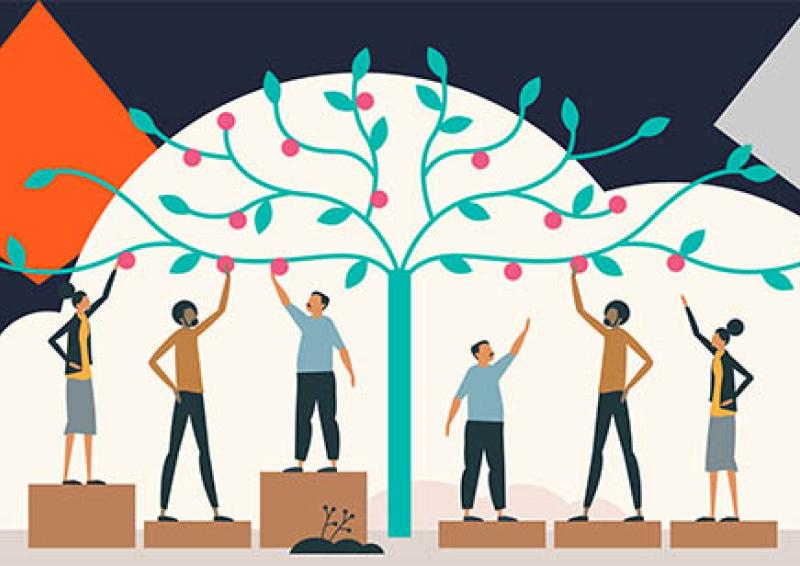
This course is delivered from 18/03/2026 to 1/04/2026, by face-to-screen consisting of three 3-hour sessions.

This course is delivered from 15/04/2026 to 29/04/2026, by face-to-screen consisting of three 3-hour sessions.

This course is delivered on 13/05/2026, by face-to-face consisting of one 8-hour session.

This course is delivered on 03/06/2026, by face-to-screen consisting of one 6.5-hour session.

This course is delivered from 09/06/2026 to 16/06/2026, by face-to-face consisting of two 8-hour sessions.
Courses

Understand how to create and maintain high-performing teams where work is aligned with government priorities. Learn how to analyse and describe high-performing teams, identify the enablers and barriers, and explain the management practices required.

The course introduces participants to coaching conversations and the manager-as-coach model.

This course is designed to improve the way APS employees coach and manage others so they can deliver improved outcomes, ultimately resulting in higher APS productivity.
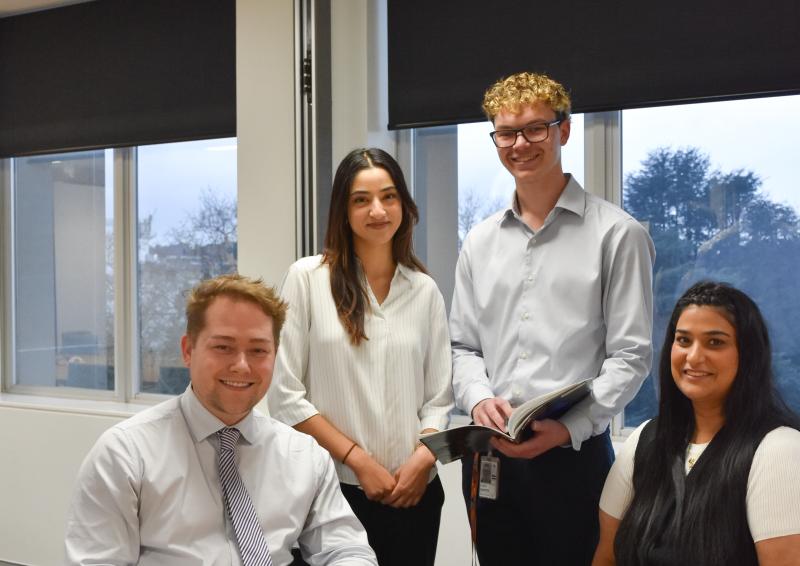
The Multicultural Organisation – Staff Awareness, Innovation and Capability (MOSAIC) digital learning magazine aims to enhance multicultural awareness in the APS.
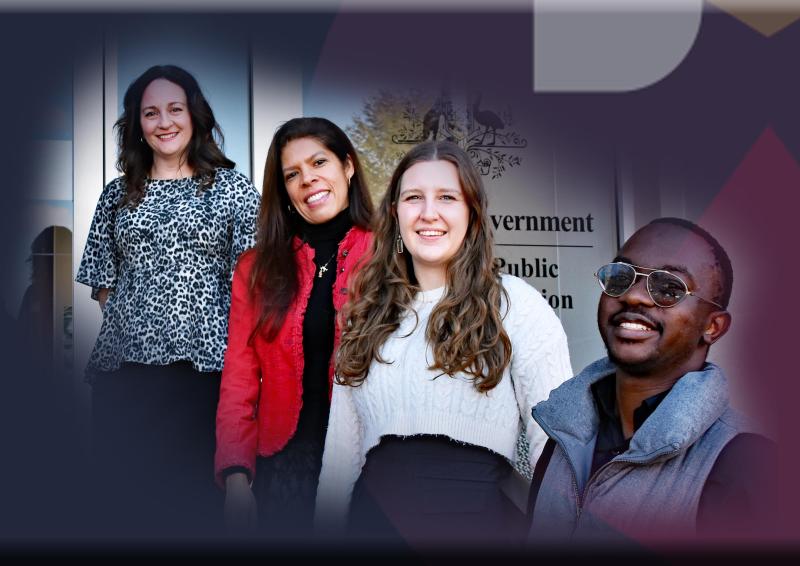
This learning experience supports APS 6 to Senior Executive Service (SES) leaders to champion cultural diversity and inclusion in their teams and organisations.

This eLearning module explores the APS model of Performance management.
Resources
Tools, guidance and resources to support staff in understanding, valuing and practicing good record keeping - ensuring continued delivery of trusted and transparent services.
This resource features 6 practical strategies to make your learning have a lasting impact on your performance.
Any APS or Parliamentary Service employee (ongoing, non-ongoing or casual) may apply for an independent review of an action or decision that affects their employment. (subject to certain exceptions).
This Worker Information Sheet provides information and guidance to workers in Commonwealth regulated workplaces about workplace bullying and what assistance Comcare can provide in these cases.
Our ability to respond to changing demands, and leverage the opportunities available to us, is underpinned by performance management practices that translate societal and Government expectations into individualised performance expectations for APS employees.
It’s important to not only decide what skills and knowledge you want to develop, but also how you’re going to learn them. Use this downloadable development planning template to identify the learning experiences you’ll use to develop your skills and knowledge.
Reflection is an important source of self-development and improvement and enhances your continuous learning experiences. It makes the learning that happens at work more productive because you are actively recalling and recognising what you learned.
Comcare’s evidence-based Good Work Design resources can better support health, wellbeing, work participation and productivity, while creating psychologically safe teams.
Inspire and support a continuous learning culture with these Continuous Learning conversation prompts.
This chart highlights continuous learning experiences that are the most available to APS people. It plots the frequency and distance from work for each experience.
Martin Seligman presents the ‘PERMA’ model which steps through five elements essential to human wellbeing and flourishing: positive emotions, engagement, relationships, meaning and achievement.
Trauma-informed guidance to accompany the release of 'Set the Standard: Report on the Independent Review into Commonwealth Parliamentary Workplaces'. The Resource outlines trauma such as bullying, sexual harassment and sexual assault and its impacts.
The ILS provides capability development guidance for individuals and agencies in the form of descriptions and behaviours for all levels in the Australian Public Service.
Brene Brown informs leaders how they can give constructive and honest feedback from a place of engagement, rather than judgment. She calls it ‘Sitting on the same side of the table,’ as someone.
Gabriele Oettingen presents the ‘WOOP’ model which is a practical, accessible, evidence based mental strategy that people can use to find and fulfil their wishes and change their habits.




